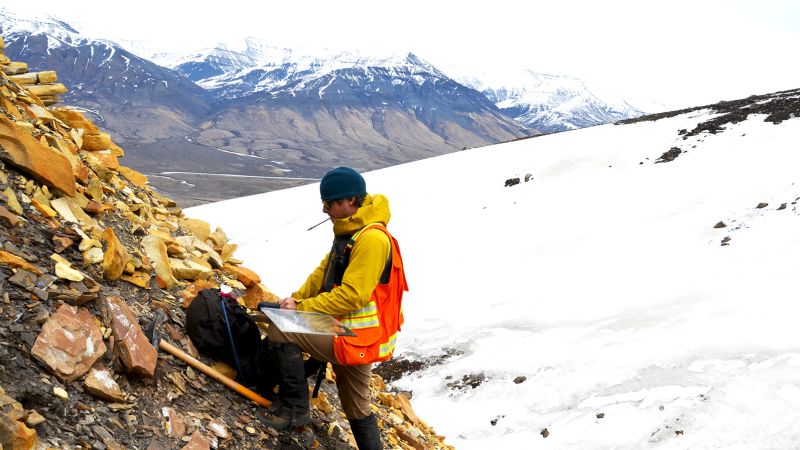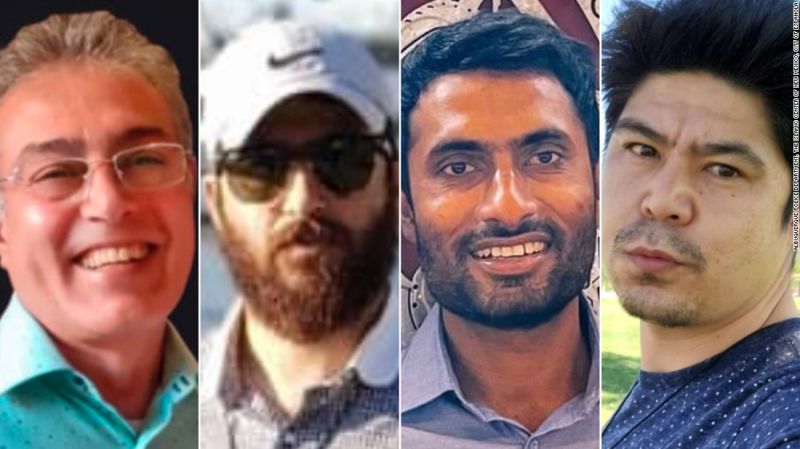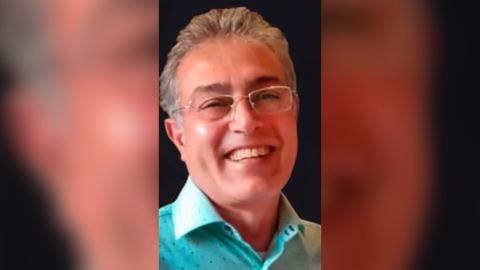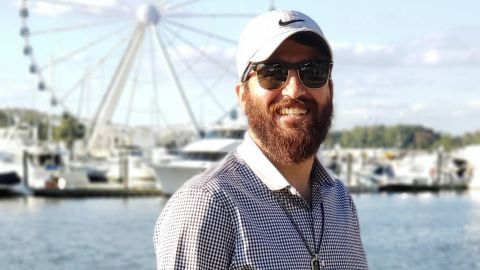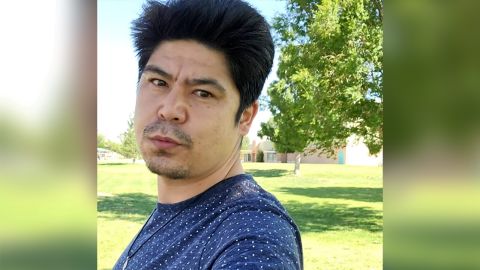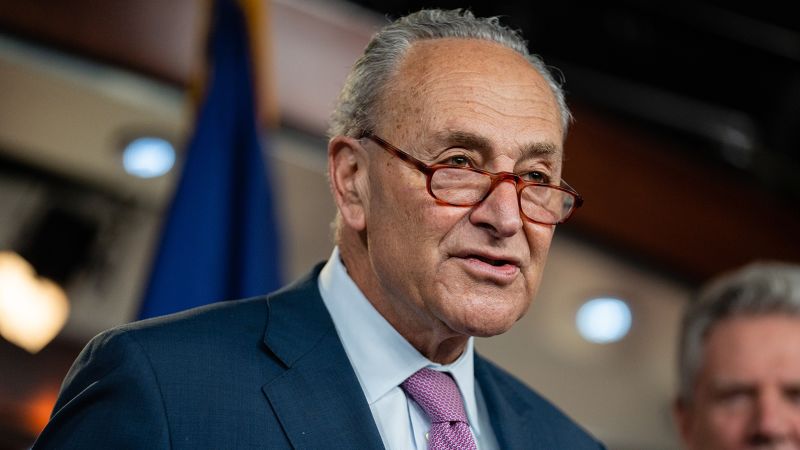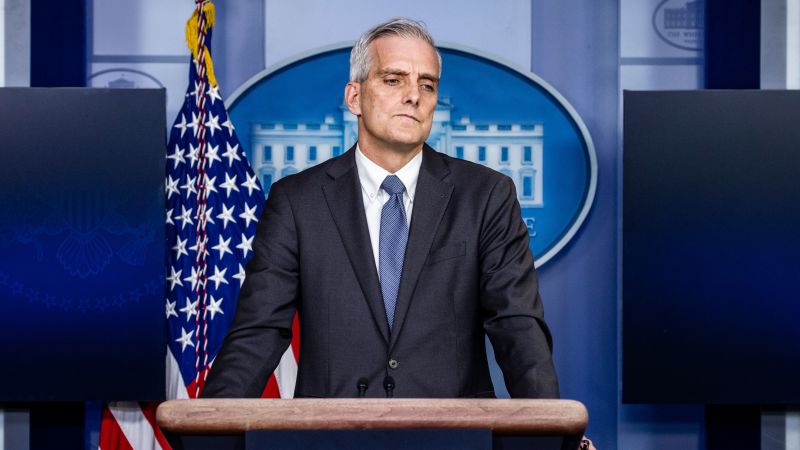Nuussuaq, Greenland
CNN
—
Some of the world’s richest men are funding a massive treasure hunt, complete with helicopters and transmitters, on the west coast of Greenland.
The climate crisis is melting Greenland down at an unprecedented rate, which – in a twist of irony – is creating an opportunity for investors and mining companies who are searching for a trove of critical minerals capable of powering the green energy transition.
A band of billionaires, including Jeff Bezos, Michael Bloomberg and Bill Gates, among others, is betting that below the surface of the hills and valleys on Greenland’s Disko Island and Nuussuaq Peninsula there are enough critical minerals to power hundreds of millions of electric vehicles.
“We are looking for a deposit that will be the first- or second-largest most significant nickel and cobalt deposit in the world,” Kurt House, CEO of Kobold Metals, told CNN.
The Arctic’s disappearing ice – on land and in the ocean – highlights a unique dichotomy: Greenland is ground zero for the impacts of climate change, but it could also become ground zero for sourcing the metals needed to power the solution to the crisis.
The billionaire club is financially backing Kobold Metals, a mineral exploration company and California-based startup, the company’s representatives told CNN. Bezos, Bloomberg and Gates did not respond to CNN’s requests for comment on this story. Kobold is partnered with Bluejay Mining to find the rare and precious metals in Greenland that are necessary to build electric vehicles and massive batteries to store renewable energy.
Thirty geologists, geophysicists, cooks, pilots and mechanics are camped at the site where Kobold and Blujay are searching for the buried treasure. CNN is the first media outlet with video of the activity happening there.
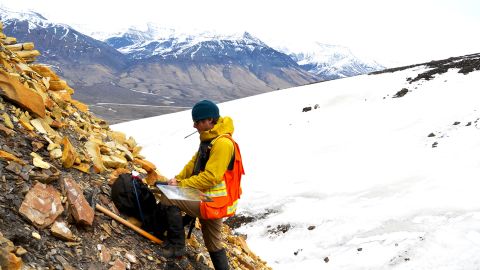

Crews are taking soil samples, flying drones and helicopters with transmitters to measure the electromagnetic field of the subsurface and map the layers of rock below. They’re using artificial intelligence to analyze the data to pinpoint exactly where to drill as early as next summer.
“It is a concern to witness the consequences and impacts from the climate changes in Greenland,” Bluejay Mining CEO Bo Møller Stensgaard told CNN. “But, generally speaking, climate changes overall have made exploration and mining in Greenland easier and more accessible.”
Stensgaard said that because climate change is making ice-free periods in the sea longer, teams are able to ship in heavy equipment and ship out metals out to the global market more easily.
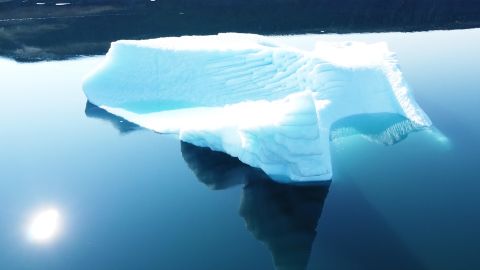
Melting land ice is exposing land that has been buried under ice for centuries to millennia – but could now become a potential site for mineral exploration.
“As these trends continue well into the future, there is no question more land will become accessible and some of this land may carry the potential for mineral development,” Mike Sfraga, the chair of the United States Arctic Research Commission, told CNN.
Greenland could be a hot spot for coal, copper, gold, rare-earth elements and zinc, according to the Geological Survey of Denmark and Greenland. The government of Greenland, according to the agency, has done several “resource assessments throughout the ice-free land” and the government “recognizes the country’s potential to diversify the national economy through mineral extraction.”
Sfraga said that pro-mining stance is not without regard for the environment, which is central to Greenland’s culture and livelihood.
“The government of Greenland supports the responsible, sustainable, and economically viable development of their natural resources to include mining of a broad range of minerals,” Sfraga said.
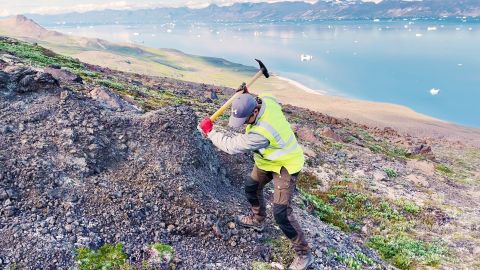
Stensgaard noted that these critical minerals will “provide part of the solution to meet these challenges” that the climate crisis presents.
In the meantime, Greenland’s vanishing ice – which is pushing sea level higher – is a great concern for scientists who study the Arctic.
“The big concern for Arctic sea ice is that it’s been disappearing over the last several decades its predicted to potentially disappear in 20 to 30 years,” Nathan Kurtz, a NASA scientist who studies sea ice, told CNN. “In the fall, what used to be Arctic ice cover year-round is now just going to be seasonal ice cover.”
.
